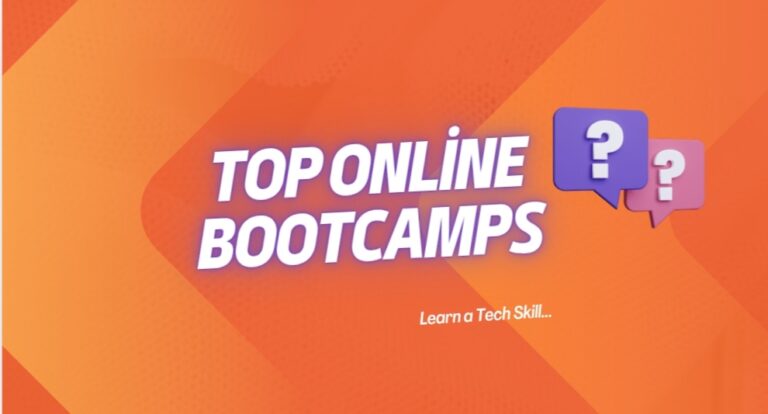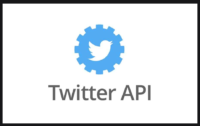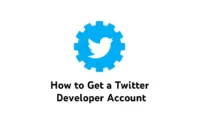Setting Career Goals For The Year
So, what are your career goals for the New Year?
Perhaps you’re aiming to make more money, earn a promotion, or find a job with less stress. Or maybe you’re simply looking to get through the year after facing some challenges. It is typical to go through a professional goal setting exercise for yourself with the start of a new year to position yourself for greater achievements.
There are many different ways to approach career goal setting. We’ll look at 2 main strategies to use.
1. Isolated Approach
Many of us have, or at some point have had, personal goals that are independent or isolated. In other words, there’s something we want to achieve that doesn’t connect to a bigger or long-term goal. These tend to be short-term, often lasting a year or less, sometimes even less than that.
This is the first goal setting approach to use.
For personal goals, I’d put goals like “lose x number of weight” or “read a certain number of book” in the stand-alone column. Yes, they can contribute to broader goals, but a lot of times they’re treated as individual items. Maybe there’s a training you’ve always wanted to take, a software you’ve wanted to learn, a skill you’ve wanted to build. These goals might help you out in your career, but they also could just be things you’re personally interested in that just so happen to have a broader impact. Sometimes this is enough of a reason to have a goal.
Goals don’t always have to connect to something bigger.
2. Strategic Approach
The second type of goal setting is known as the “future-focused thinking” approach.
With this approach to goal setting, you begin by focusing on the long term. Here are the steps to take when taking the strategic approach.
- Set aside a few hours for goal-setting
First, set aside a few hours to dedicate to this activity. It’s not something you want to rush.
In the future, you won’t need as much time, but the initial process can take awhile.
- Think about the life you want
Next, start out thinking about what you want life to be like. What would your ideal day/week/year look like?. Don’t get too hung up on where you are now, but still keep it somewhat realistic – i.e. this isn’t about if you had unlimited money, what would you do. Think about this in broad terms and don’t get too specific.
- Add more detail
From here, start to get more specific about what this might look like for you and whether you’re going to focus on achieving your high level goals in your profession or in your personal life.
Your goal of creating or contributing could be professional. You could be in an artistic role, one that requires you to write, one where you’re producing some sort of food or physical good.
It could also mean working as an engineer designing new products or creating solutions to problems.
Your goal of creating or contributing could also or alternatively be personal.
- Think from the future.
Focusing on the goals that do relate to your career, it’s time to move into the “thinking from the future exercise”
Thinking from the future means focusing on the future state and working backwards. If your goal is to be a data analyst, think about the step that would come right before that.
What training or experience do you need to be in that role? Don’t worry about where you are currently. Maybe you currently don’t have any certificate whatsoever so having certification in a software would be helpful here.
Next, what’s the step right before that?
If the step you just listed was software certification, the step right before it could be getting training in the software.
Repeat this exercise until you get back to where you currently are.
- Write your plan
Now take the steps close to where you currently are and use them to set your professional goals for the year.
We started the exercise at a really broad level, specifically not defining anything too much.
Short Term Goals
They should be specific, measurable, relevant, time bound and achievable – even if they’re a stretch.
If you’re setting professional goals for 2025 using this method, the relevant and time bound elements are already settled. The time frame is a year and you know they’re relevant to your long term goal.
Ask yourself questions like :
What exactly do I want to accomplish? How will I know if i’ve achieved the goal?
The best advice is to make these goals achievable. It’s great to stretch yourself, but if your goal for this year is to move from an entry level position to a senior data analyst role, it’s highly unlikely to be possible.
A good short term goal for an analyst could be to get certified as a Tableau Desktop Specialist
It’s specific – a clear certification, it’s measurable – you get the certification or you don’t, it’s achievable – anyone can do this with some minimal time investment, it’s relevant – data viz and Tableau are useful for analysts, it’s timebound – the goal is to do this in 2025.
Combine the results of both approaches and these are your professional goals for the next year.
Conclusion
If you find that you have a long list of goals, spend some time sorting out which few will be your priority. Even if each goal is achievable on its own, sometimes too many items aren’t achievable as a group.







